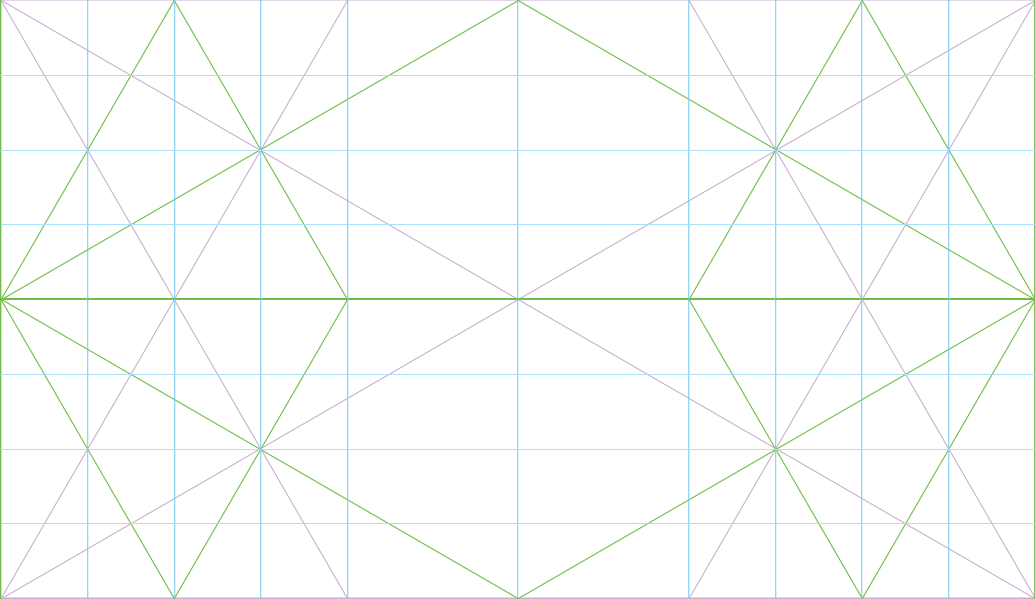Introduction
Looking ahead into the future, considering what is to come, does not mean that I am out of the present moment. I can be aware in the present moment that I am considering something in the future. It makes sense to keep an eye out for what is to come. For example, if I only kept my eyes fixed on the path in front of me it may be the case that I'd walk off a cliff. I need to be aware and prepare for what is to come. Philosophically one could argue that it is pointless considering what is to come, or for that matter to reflect on the past, because we could die at any moment. This is true of course, but in reality on some level I have to prepare for tomorrow in the belief that I will be alive.
And so here we are at the the end of a module, looking ahead to what is to come, to make a few plans, to prepare psychologically, to allocate time, to let things mull over in our minds. Also to reflect on the past, to consider what went well, what can be improved.
Looking Back
What went well?
Referencing the Helsinki Bus Station Theory, I pretty much “stayed on the bus”. There were times during the rapid ideation sessions that I wanted to change track, even late in the process. But I managed to stay the course and complete the tasks in time. I will be reflecting more on this theory in relation to Agile approach, specifically the decision of whether to pivot or persevere.What did you learn?
Looking back over the module there is a lot I feel that I have learnt. I have explored other creative ideation techniques, I have discovered benefits to paper prototyping, gained a deeper understanding and appreciation for reflective practice, I have been able to spend more time working with Figma (and appreciating how much more scope there is). I have been able to employ sprints more effectively in my own work, and beginning to employ better practice in terms of estimating time to complete projects and how this relates to quotations. I have a much deeper understanding of Agile mindset and practice, I will be employing the Git Desktop app more effectively, I have a better understanding about university research methods and controls, and finally when working through the “communities of practice” week this has re-awakened interest in open source projects.What should you do differently in the next module?
I would like to be better at engaging with spark forums and challenge activities, and being better with CRJ write ups, i.e. better at time management. It is difficult allocating between my day to day activities, I will be experimenting with different methods.What still puzzles you?
I need to spend more time on SCRUM, understanding project management techniques and concepts better, e.g. story points, PBI, etc.
Looking Ahead: UX Research
The next module in the MA course is “UX Research”. Here are some brief notes taken from the summary description:
- Introduction to human-computer interaction (HCI) - Core knowledge and techniques.
- Understand HCI through specification, design, implementation and evaluation of an artefact.
- Discover and answer a well-defined HCI research question in relation to the artefact.
- Explore seminal and contemporary research theories and methods, and their application to UX design.
- Engage in an industry-relevant user research and UX evaluation project.
Approach
Employ a step by step agile approach. Use project management techniques to successfully navigate and complete the module. Firstly to read around HCI. My limited knowledge is that this is a well developed academic field. Realistically I can only expect to gain a small working knowledge, I will focus on the core principles and techniques. Through this preliminary work and employing ideation techniques, I expect to create and evaluate an artefact in the light of HCI. The evaluation will hopefully uncover an interesting and appropriate research question. This will provide an opportunity to apply research theories and methods to answer the question, or at least to highlight further avenues of exploration. This will then provide the foundation for being engaged with an industry-relevant user research and UX evaluation project.
Goals in relation to future aspirations
My goals at the moment are still pretty unclear. Thinking very broadly however here are some areas of interest and possibility:
- Web3.0 - Digital Identity and authentication, privacy, security, community networks, data storage.
- The move to renewable / sustainable resources and practice.
When goals are unclear it is not possible to be SMART. The first aspect of SMART goals is "Specific", the opposite of unclear!
Final Project Idea
One piece of advice that stuck with me from the Rapid Ideation sessions from module-1 was not to go with my first idea! It seems that ideas really are an evolution. The idea presented below is an old idea, it is the story of how I became engaged with creative digital technology. Here is the opening paragraph from the “Executive Summary” of the initial business plan, drawn up in 2012/2013:
My Urban Tribe (MuT) is an exciting new local community network with powerful possibilities. The core purpose of My Urban Tribe is to facilitate local community interactions and activities, both social and economic, through on-line user networking. It is founded on the idea that most if not all of an individuals needs can be met by their local community in a mutually sustaining and beneficial way. Fundamental to the ethos of My Urban Tribe is to ensure that all users feel safe, supported, valued, and are an integral part of their My Urban Tribe network.


